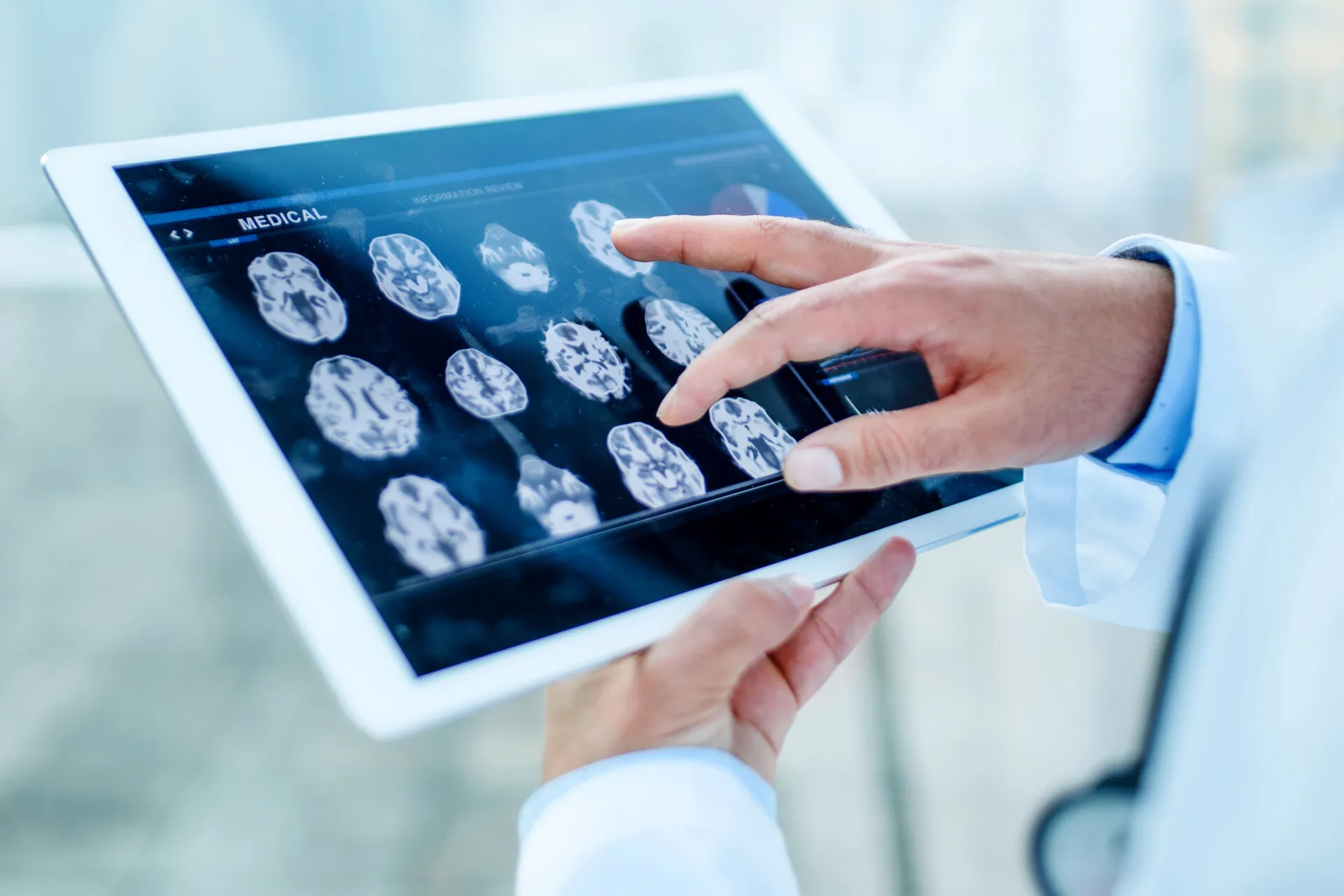
raditional Medicine Gains Prominence at World Health Summit 2025
For the first time in its history, the World Health Summit in 2025 highlighted traditional medicine as a core topic, with two dedicated sessions held in Berlin, Germany. These sessions underscored the increasing recognition of traditional medicine as a vital component of inclusive, people-centered health systems. The inaugural panel, held on Sunday, 12 October, was titled “Operationalizing the WHO Traditional Medicine Strategy:
From Global Vision to National Action” and explored practical ways to translate the WHO Global Traditional Medicine Strategy 2025–2034 from concept into actionable programs. The second session, a workshop on “Integrative Medicine in Global Health: Pathways for Implementation” on Monday, 13 October, focused on strategies for embedding traditional and integrative medicine within national and global health frameworks. Together, these events significantly elevated the profile of traditional medicine within the broader global health discourse.
Global Collaborations and Inclusive Health Models
Opening the panel on 12 October, Abderrazak Bouzouita, Director General of Tunisia’s Ministry of Health, emphasized the global need for inclusive, preventive, and sustainable health models. “Traditional medicine provides that missing dimension,” he said, highlighting how it brings people, culture, and nature back into the healing process. Bouzouita detailed Tunisia’s recent progress, including the establishment of the country’s first national center for traditional medicine and preparations for an Africa-China Traditional Medicine Forum scheduled for November. He described these initiatives as positioning Tunisia not just as a user of traditional medicine, but as a global connector fostering international collaboration.
Dr Shyama Kuruvilla, Acting Director of the WHO Global Traditional Medicine Centre, stressed that collaboration is central to advancing traditional medicine. She highlighted the upcoming WHO Global Summit on Traditional Medicine in New Delhi, India, from 17–19 December, describing it as a platform for countries and stakeholders to share best practices and strategies for integrating traditional medicine into national health systems. “We all have a role to play,” she remarked, underscoring the importance of collective action.
Learning from Country Experiences
Several speakers shared national experiences in integrating traditional medicine with modern healthcare. Dr Anja Thronicke, Senior Medical Affairs Manager in Oncology at Germany’s Research Institute Havelhöhe, outlined how integrative medicine has been part of cancer care in Germany for over three decades. Her team documents patient journeys through personalized approaches, generating evidence through more than 50 peer-reviewed publications. She emphasized that patient-centered care, evidence-based research, and collaboration are essential for the success of integrative therapies.

Professor Motlalepula Matsabisa, Director of the Indigenous Knowledge Systems (Health) Lead Programme at the University of the Free State, South Africa, and Co-Chair of the WHO Summit Steering Committee, explained how his department bridges traditional knowledge and biomedical science. “Communities are our living laboratories,” he said, stressing the importance of engaging local knowledge systems in research and healthcare design.
Dr Nessma El-Nabawy, General Manager of Egypt’s General Administration for Registration of Herbal Products, shared via pre-recorded video that Egypt has regulated traditional medicine since 1955 using measures comparable to conventional medicine. However, she highlighted the ongoing need for scientific validation, clinical trials, and standardization to support sustainable integration into national health systems.
Catalyzing Collaboration and Advancing Implementation
Dr Kuruvilla reinforced the idea that traditional medicine is a global resource with contemporary relevance, not merely a relic of the past. She noted findings from a WHO research priority-setting exercise showing that only 1% of global health research funding is dedicated to traditional medicine, despite widespread demand and prioritization by Member States. “This is a gap that needs to be bridged,” she said, emphasizing the need for evidence-based approaches to accelerate integration.
Dr Nicole Redvers, Director of Indigenous Planetary Health at Western University, Canada, added her perspective through pre-recorded remarks: “Traditional Indigenous medicine is evidence-informed through thousands of years of knowledge-gathering and experience, and it is deeply tied to spiritual and cultural practices that teach us about our relationship with the world around us.”
Moderator Dr Hiba Boujnah, Head of International Cooperation & Partnerships at Charité – Universitätsmedizin Berlin, reflected on the discussions, highlighting the broader significance of traditional medicine: “Traditional medicine is about being in harmony with everything that surrounds us. We must restore its rightful place and remove the veil of doubt or stigma that has long surrounded it.”
Pathways Forward: Global Summit and Integration Strategies
The second event on 13 October brought together Dr Kuruvilla, Professor Matsabisa, Dr Amie Steel, Co-Director of the Research Consortium in Complementary and Integrative Medicine in Australia, and Dr Sanghamitra Pati, Additional Director General of the Indian Council of Medical Research. Together, they explored practical approaches, collaborative models, and implementation strategies for integrating traditional medicine across diverse global health systems.
Dr Kuruvilla outlined the four strategic objectives of the WHO Global Traditional Medicine Strategy 2025–2034 and emphasized WHO’s conceptual framework for system-wide integration. The session concluded with a call for building trust, strengthening research, and creating spaces for traditional medicine within national health plans.
The 2025 World Health Summit’s focus on traditional medicine reflects a growing consensus: validated, regulated, and evidence-informed traditional, complementary, and integrative medicine can enhance equity, inclusion, and resilience in healthcare. As countries move from strategy to implementation, the emphasis will be on collaboration, community engagement, and sustainable integration.
By bringing together global leaders, policymakers, and researchers, the Summit highlighted how traditional medicine can play a transformative role in shaping inclusive and holistic health systems that prioritize both people and culture.





